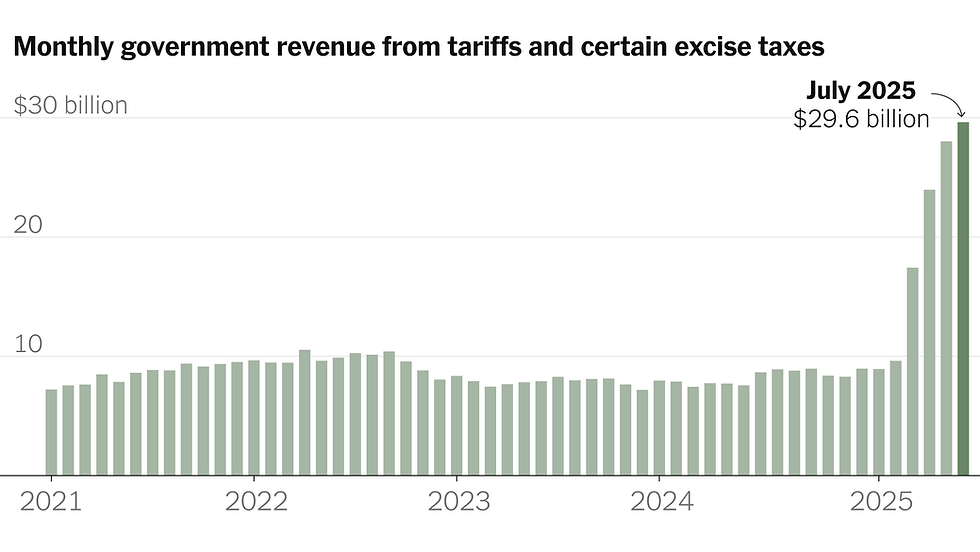Breaking Up - UN of Banking
- Sameer Kalra
- Feb 18, 2022
- 2 min read
In the 1970s due to a regulatory challenge, many domestic banks in the USA had a decision to make. The decision was simple either shut down all retail operations or open a retail bank on a large scale abroad. Many of them decided of shutting it down but Citibank decided to go the other way.
After almost five decades of that decision and making a large number of losses it has been on an aggressive momentum to sell most of its units. But to its credit, the bank was the first to introduce the services and banking, as we know it today in many countries, especially in Asia.
If the history of many well-known bankers or even finance officials were looked at then there would be some level of connection to the bank. So looking at more than just the financial aspect the country it was present has gained much more than Citibank financially lost.
Now the issue arises for the buyers of these units that are mostly resident banks. The problem will be twofold first is to retain customers, as many of the current customers were brand conscious and now having a resident bank takes its place there will be the business to some extent. Second is most important if after so many years in operations the units were not being run at an optimal level with capital infusions then how will domestic banks be able to correct it.
For Citibank, it is only 1.6% of total earnings so any losses were absorbed with much less impact. But to the new buyers that it will be a very risky road as the past two years of large stimulus and low interest have created an asset bubble resulting in a fragile financial world.






Comments